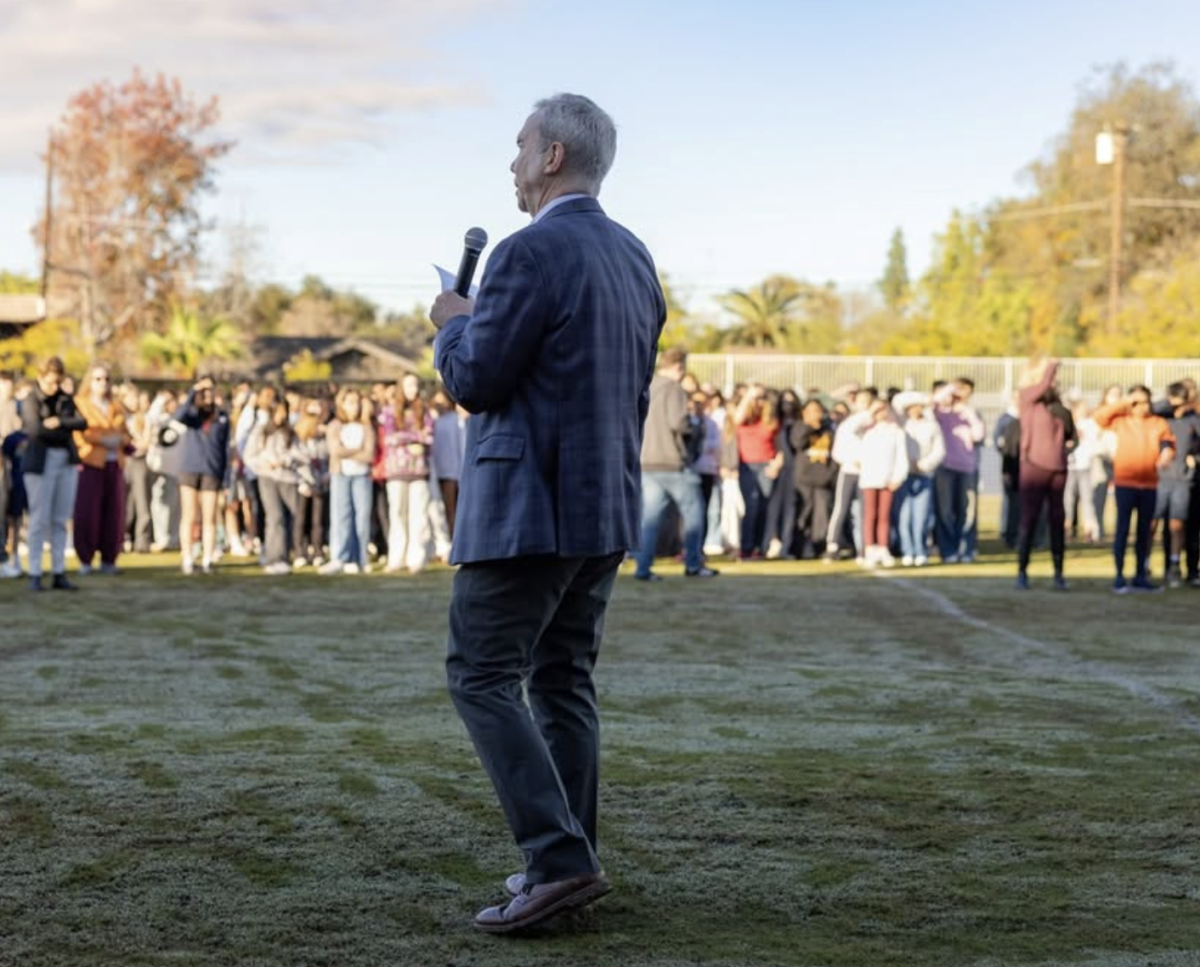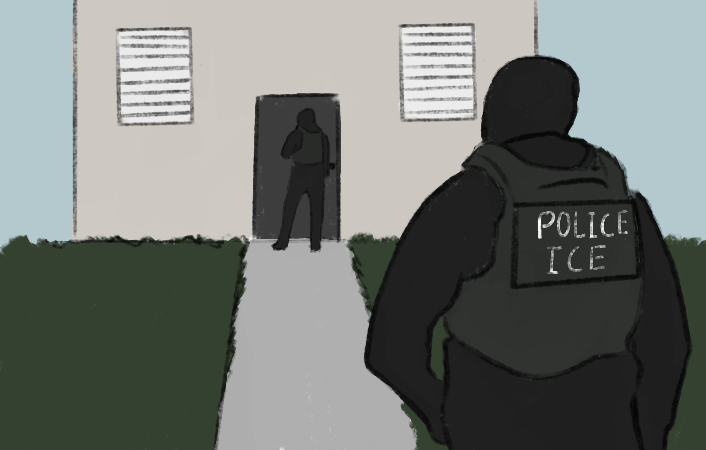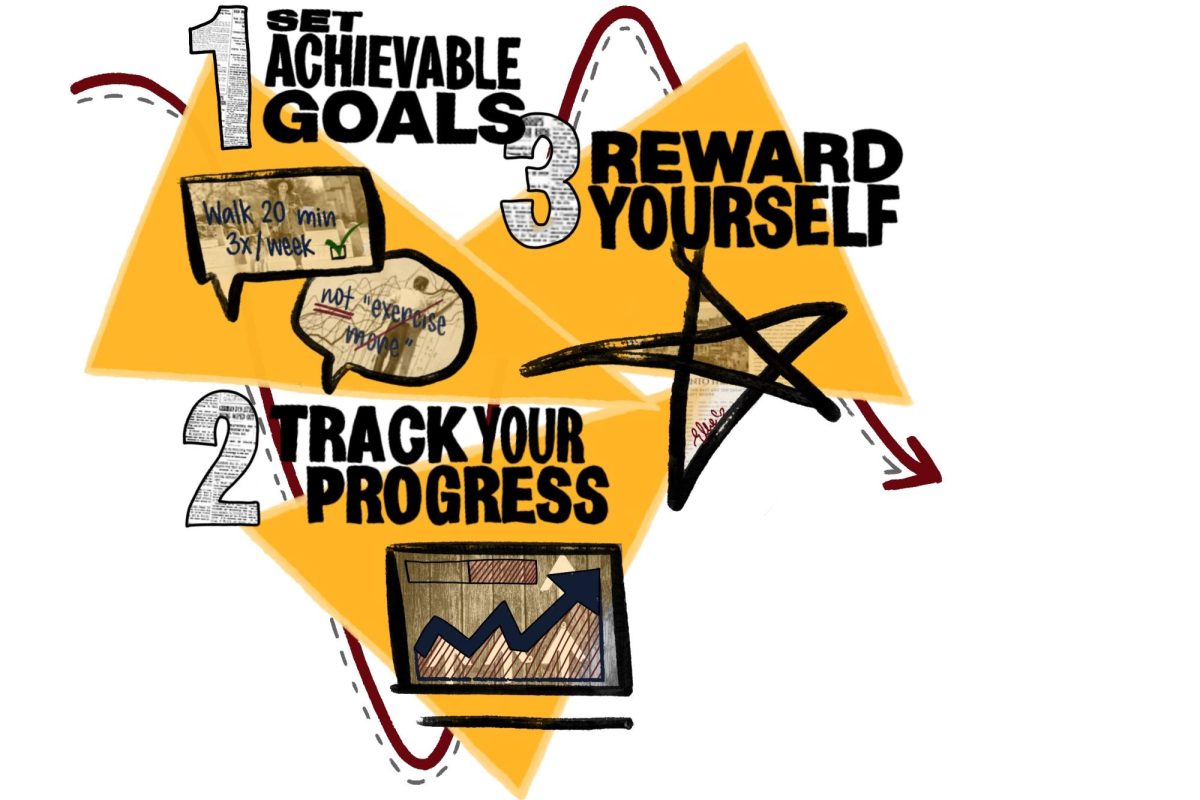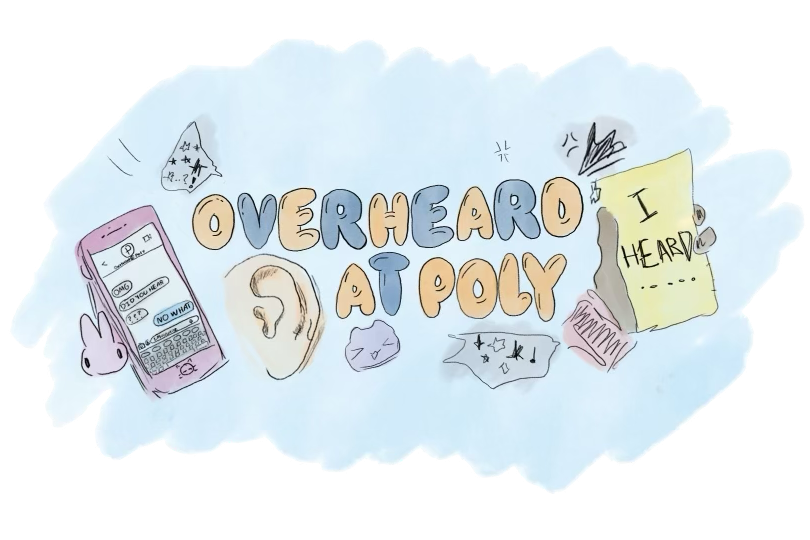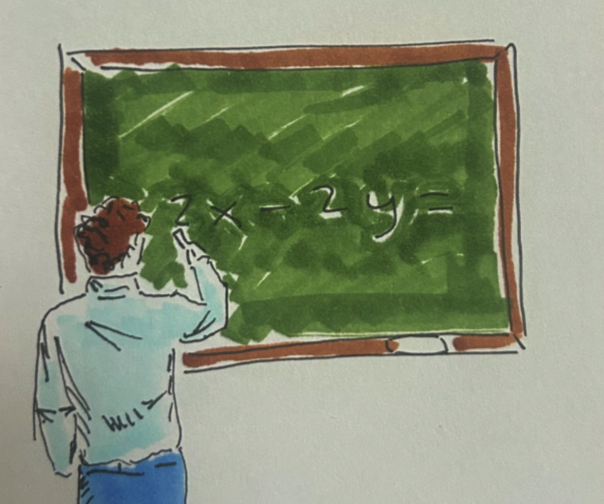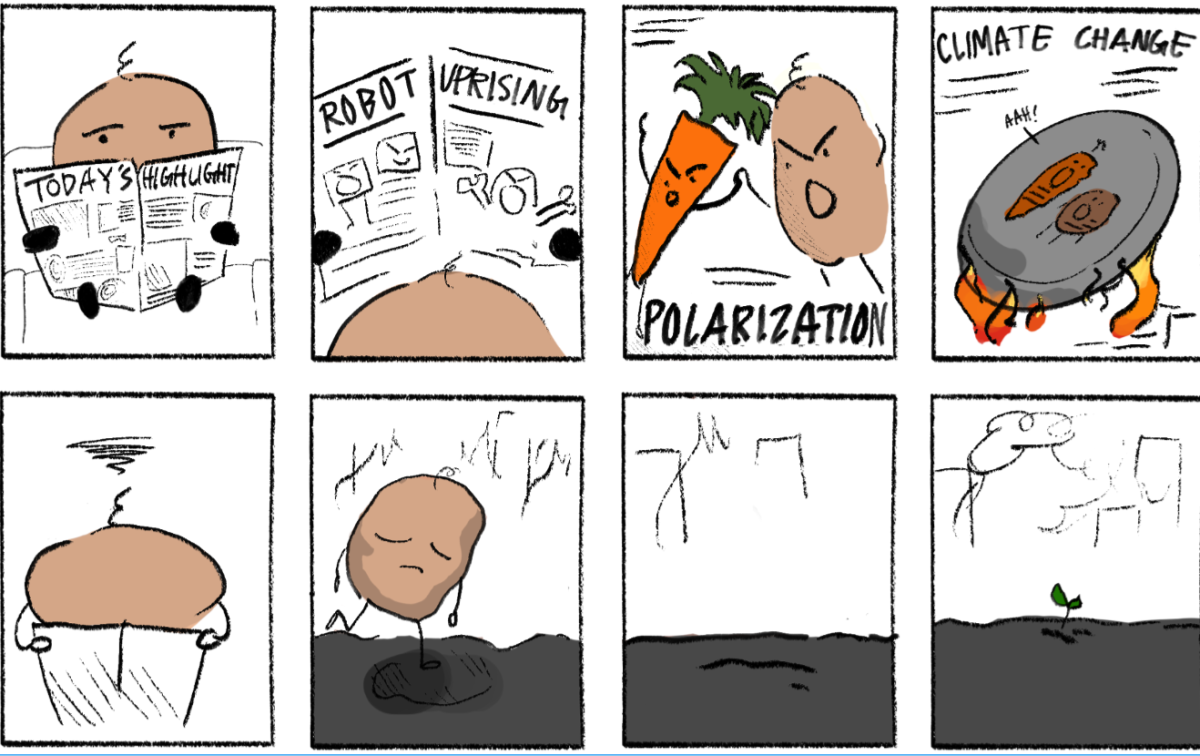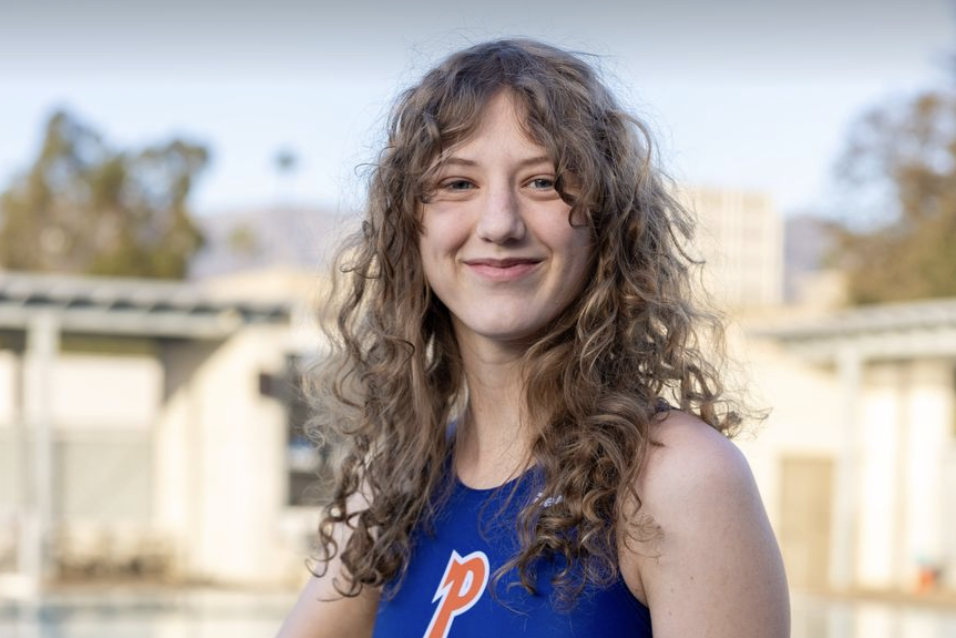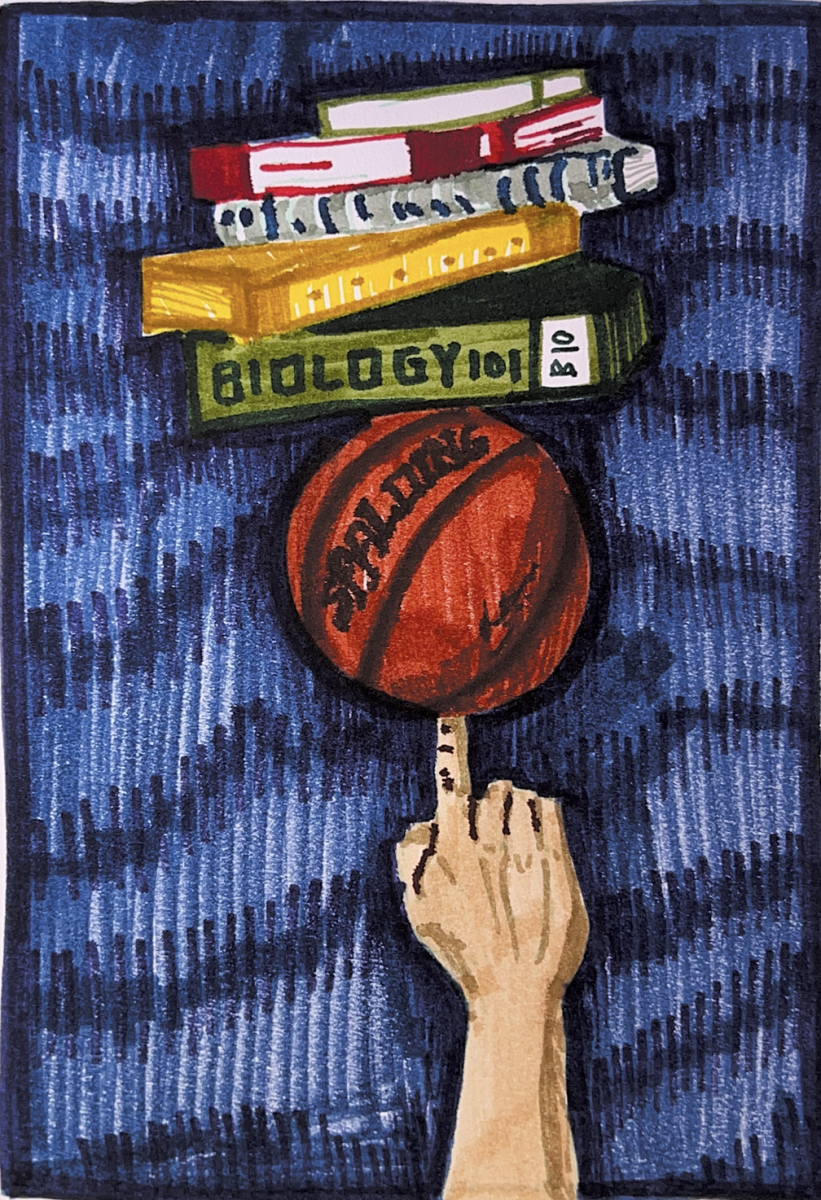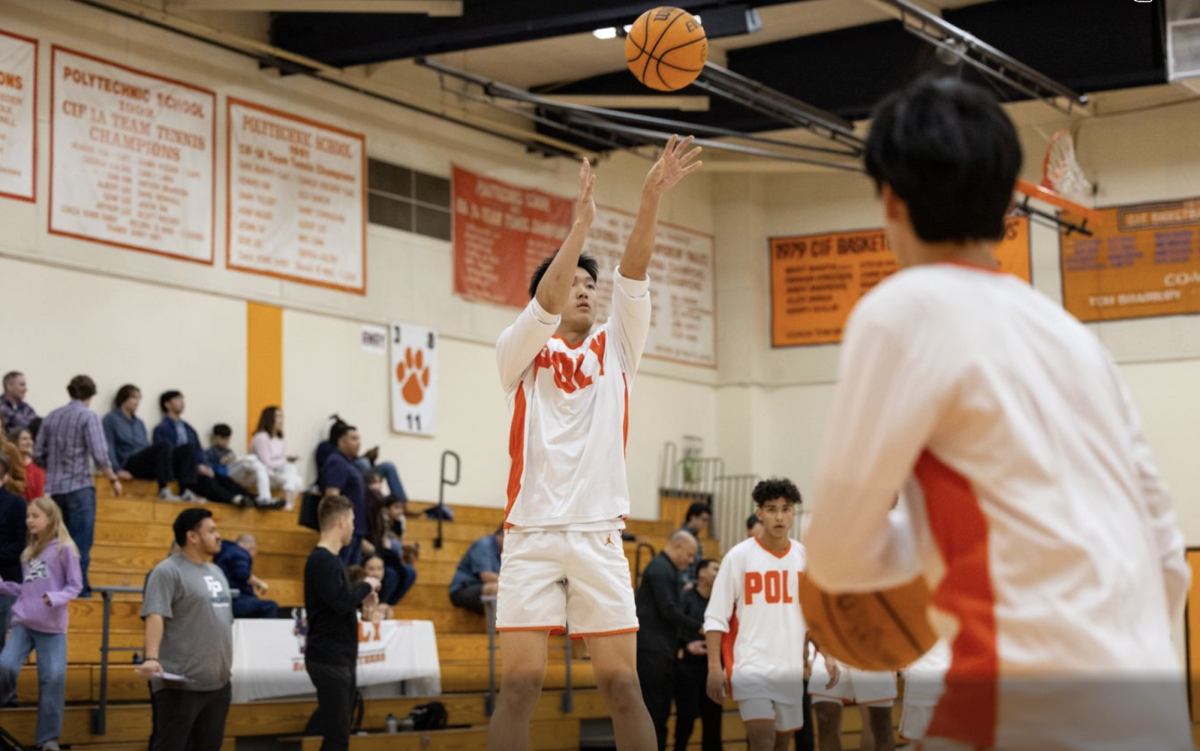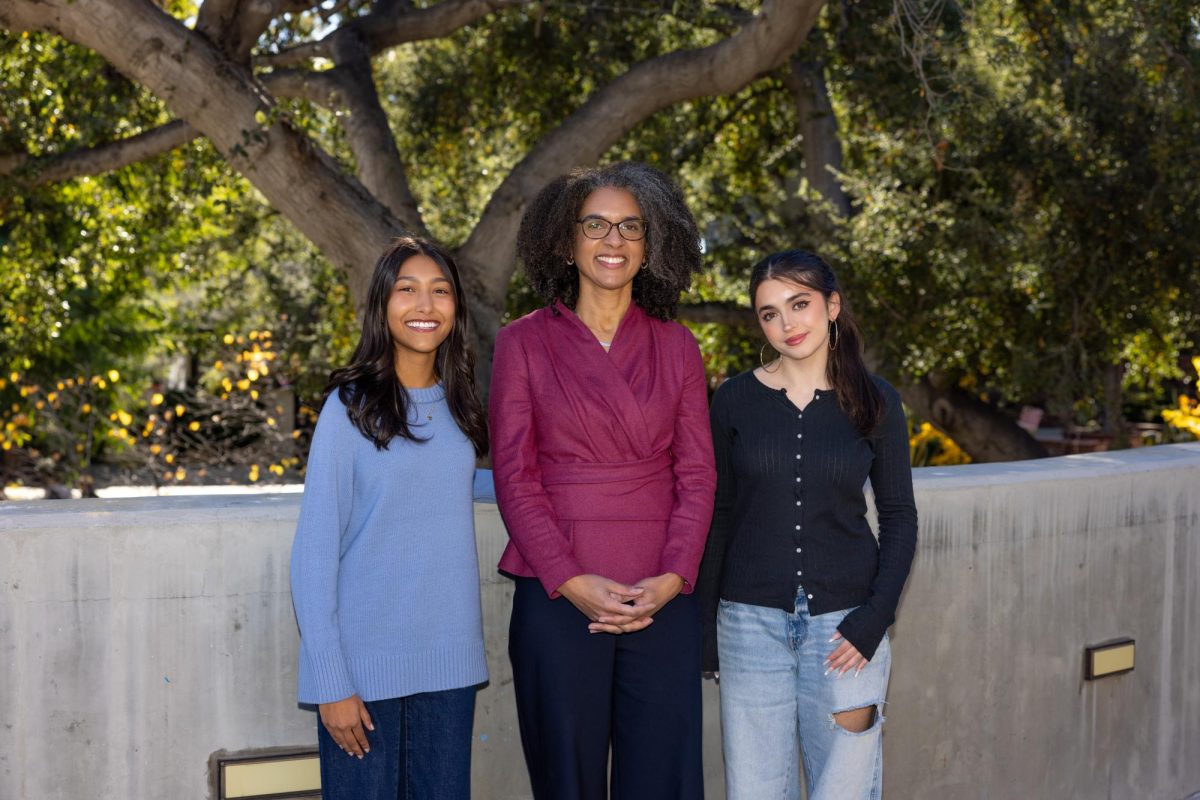In an age where truth is under constant scrutiny, a panel discussion, titled, “Truth in Society,” brought together experts from various fields to examine the complexities of truth, fact and morality in modern society. Senior Eden Greene hosted the event on Thursday, Mar. 13th, as part of her Global Scholars capstone project, in Poly’s Garland Theater. The panel featured Ursula Angell, a political consultant; Gary Kornblau, a professor at Pasadena ArtCenter College of Design; and Ken Bensinger, a media and politics reporter from The New York Times.
Greene’s capstone project investigates the ways in which “truth” is divorced from “fact” and weaponized in global politics and propaganda. This panel followed an earlier event also titled “Truth in Conflict” on Friday, Mar. 7, 2025, which involved a Zoom meeting with former CIA intelligence officer Melanie St. Clair about her experience with truth during the Maidan Revolution in Ukraine.
In the recent panel, Angell discussed how truth is not absolute but rather a normative construct that emerges from societal consensus. She described morality as an extension of shared agreements, highlighting the fluid nature of how facts and truths are interpreted.

Kornblau offered a unique perspective from the arts, emphasizing the role of creative expression in shaping an individual’s understanding of truth. He noted that educators play a crucial role in fostering an environment where students can explore and develop their own perspectives rather than simply accepting information at face value. He suggested that the process of seeking truth can be just as significant as the truth itself.
Bensinger provided a journalistic angle, addressing the challenges journalists face in a landscape rife with competing narratives. He shared anecdotes about the ethical dilemmas reporters encounter when striving to present factual information in an environment where beliefs often influence interpretations of truth.
The panel sparked engagement among attendees, prompting them to reflect on their perceptions of truth. Sophomore Alexandra Tan, who attended the event, said, “I learned that fact is something that happens and truth is how someone interprets it.” Greene underscored the importance of open discussions about truth, especially in a time when distinguishing fact from interpretation is increasingly challenging. “There are many ways to approach the truth, but by recognizing that, you are ready to tackle things that are not true,” she shared.

